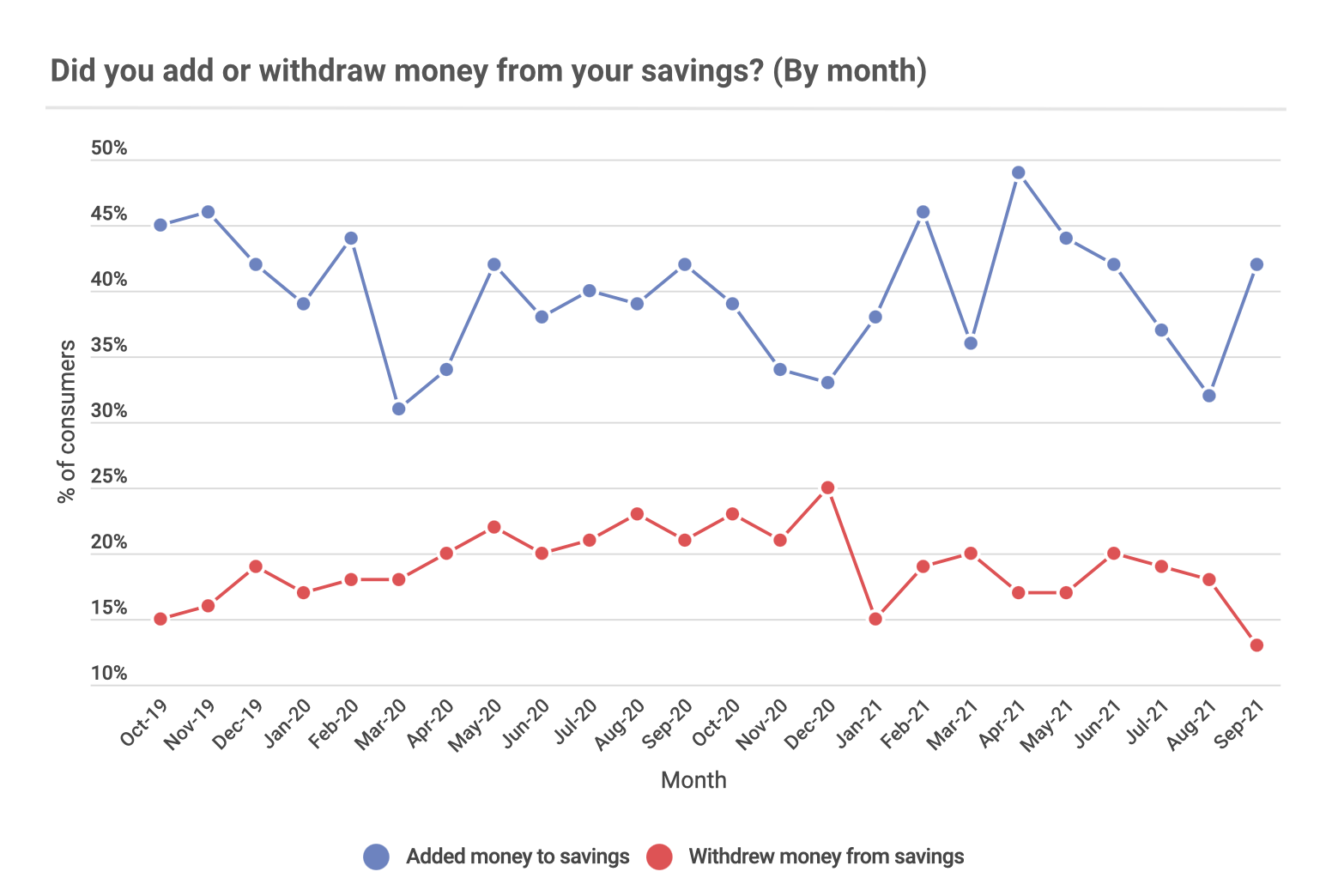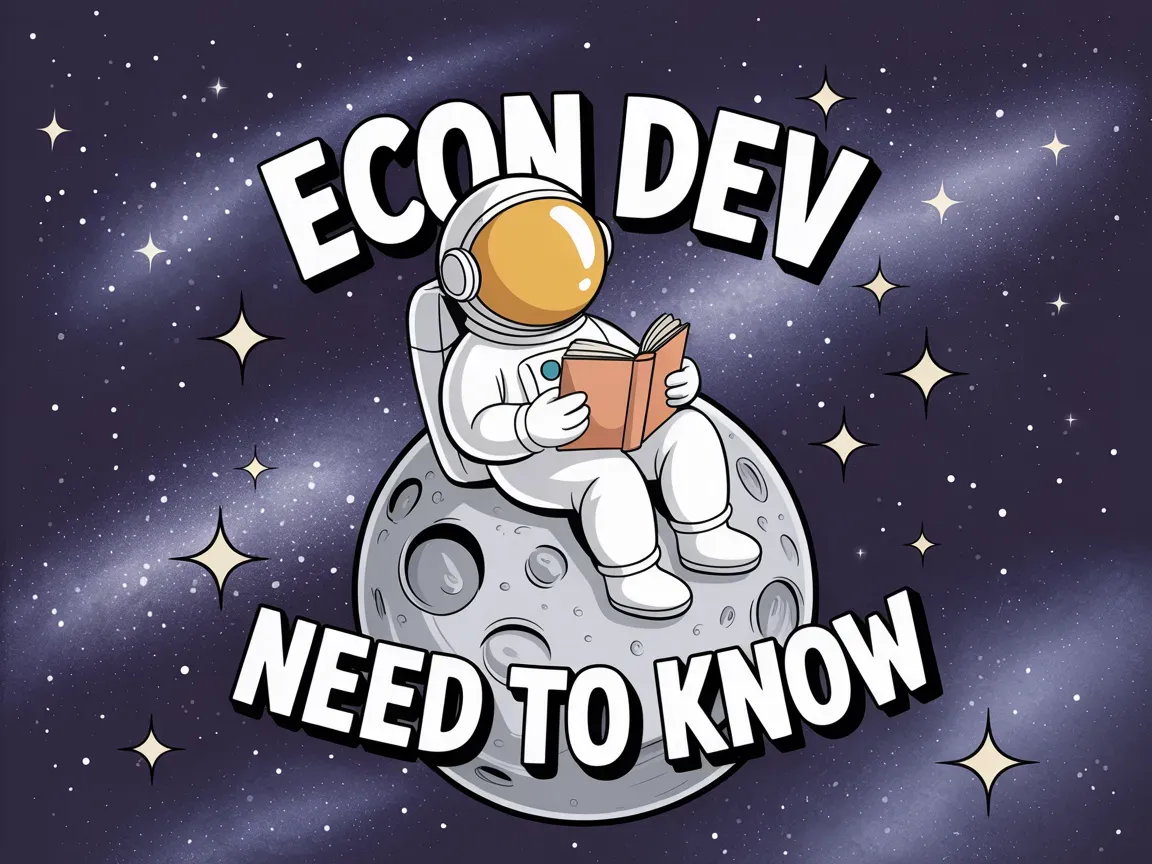Assorted Links Wednesday
After a day of almost all images, today it is mostly text.

Table of Contents
We have no theory of inflation. The models don’t work.
Forecasting is hard. Forecasting inflation is especially tricky. And economists are, in the main, bad at it. This is, as one might expect, an especially unhappy problem for the economists working in central banks who are guiding policy which is itself targeting a given rate of inflation
A flood of unknown products is making online shopping impossible:
These days, navigating Amazon, Walmart and Google’s maze of third-party sellers or judging hip-looking social media ads requires the same kinds of skills as identifying misinformation and conspiracy theories. Even with the best research, there’s often no clear answer to the question, what kind of product will I get? Mysterious brands are flooding shopping sites and social media ads, making it difficult to tell the real from the low-quality.
• Why you should always switch: The Monty Hall Problem (finally) explained:
A clue comes from the overconfident justifications that the know‑it‑alls offered for their blunders, sometimes thoughtlessly carried over from other probability puzzles. Many people insist that each of the unknown alternatives (in this case, the unopened doors) must have an equal probability. That is true of symmetrical gambling toys like the faces of a coin or sides of a die, and it is a reasonable starting point when you know absolutely nothing about the alternatives. But it is not a law of nature.
Is the seller’s market for houses over?
Slowing sales, a decline in over-asking contract prices, and fewer bidding wars in many areas are among recent shifts. 59% of Home Offers Written by Redfin Agents Faced Bidding Wars in August—the Lowest Level Since 2020
September savings index: 42% of Americans increased savings after summer lull:

Econ Dev Show Newsletter
Join the newsletter to receive the latest updates in your inbox.


